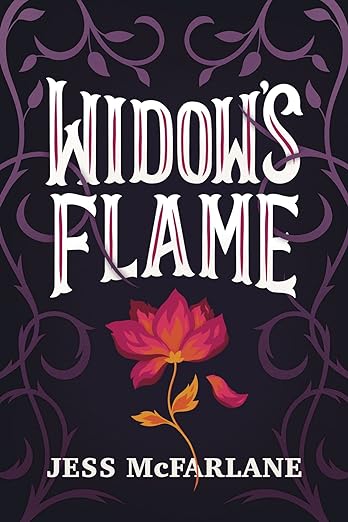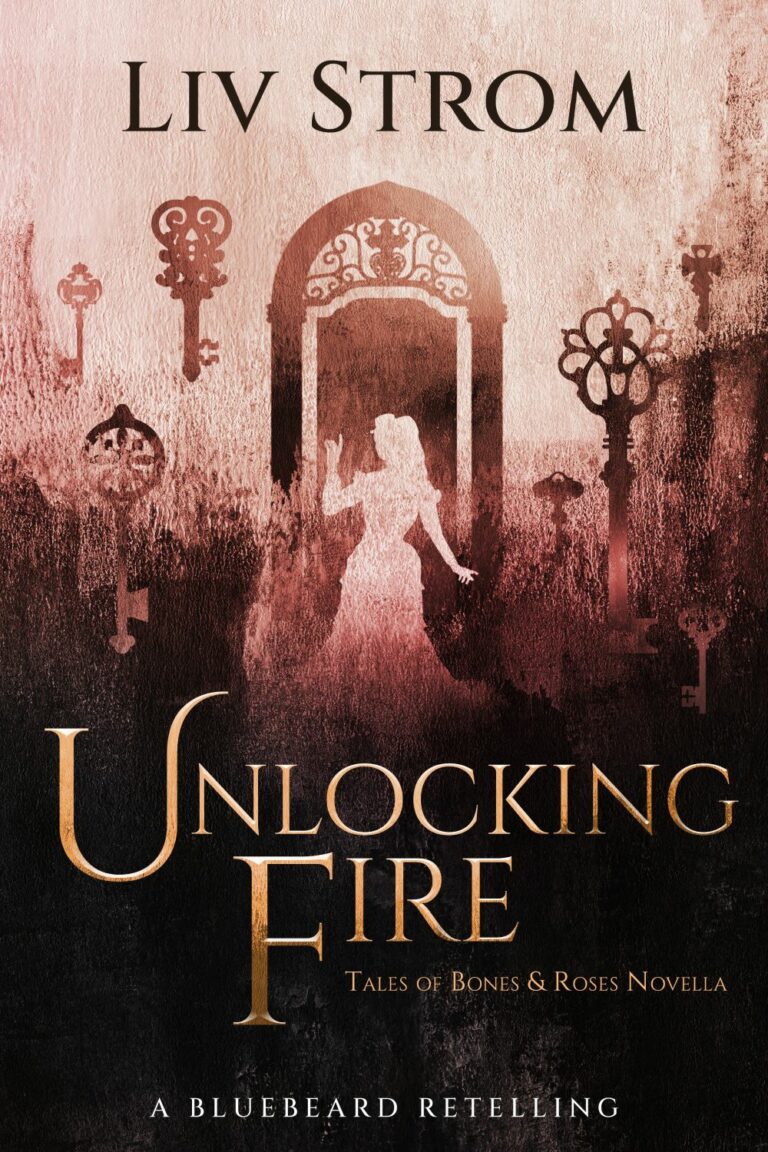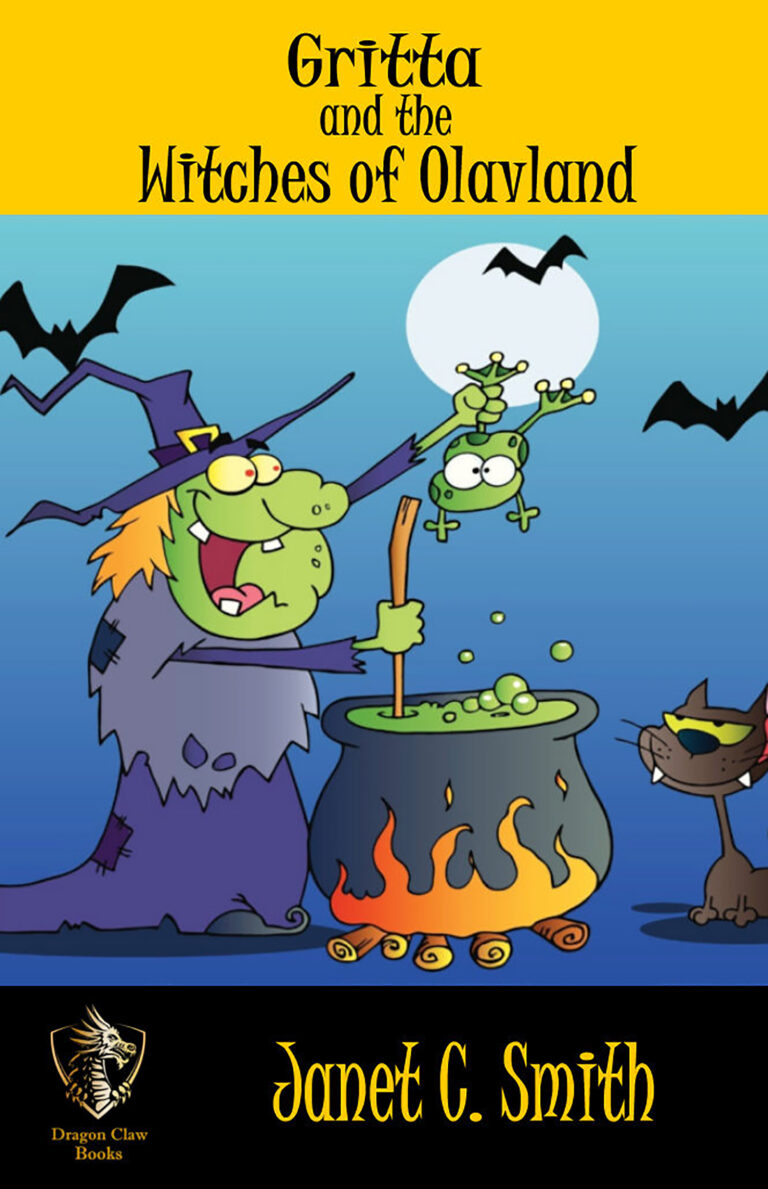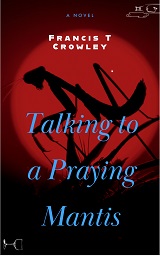Controversial writing refers to the act of creating content, whether in the form of essays, articles, books, or any other written medium, that intentionally explores, discusses, or presents opinions and ideas on topics that are likely to generate disagreement, debate, or strong emotions among readers. Controversial writing often tackles subjects that are contentious, divisive, or sensitive in nature. Some of the characteristics of controversial writing include:
- Provocative Topics: It typically deals with subjects that are provocative or polarizing. These topics may include politics, religion, social issues, ethics, or any matter where there are differing viewpoints.
- Diverse Opinions: It often presents a range of diverse and conflicting opinions on a given subject. It may explore both sides of an argument or offer multiple perspectives.
- Challenging Conventions: It may challenge societal norms, taboos, or established beliefs, sometimes to provoke thought and challenge the status quo.
- Emotional Responses: It can elicit strong emotional responses from readers. It may trigger anger, passion, or outrage, as well as stimulate critical thinking and reflection.
- Intentional Controversy: The writer may intentionally use provocative language or rhetorical techniques to create controversy and draw attention to their work.
- Ethical Considerations: It often raises ethical questions about freedom of expression, responsibility, and the potential impact on readers or society as a whole.
- Censorship and Bans: Some controversial writing may be subject to censorship, bans, or restrictions, either by governments, institutions, or individuals who find the content offensive or harmful.
Controversial writing can serve various purposes, including sparking important conversations, challenging the status quo, and pushing society to examine deeply ingrained beliefs and practices. However, it can also be divisive, offensive, and, in some cases, harmful. Authors of controversial writing should be mindful of ethical considerations, factual accuracy, and the potential consequences of their work.
Readers of controversial writing are encouraged to approach such content critically, considering multiple perspectives and engaging in thoughtful discussions. While controversial writing can be challenging, it can also be a valuable tool for exploring complex and contentious issues in society.











